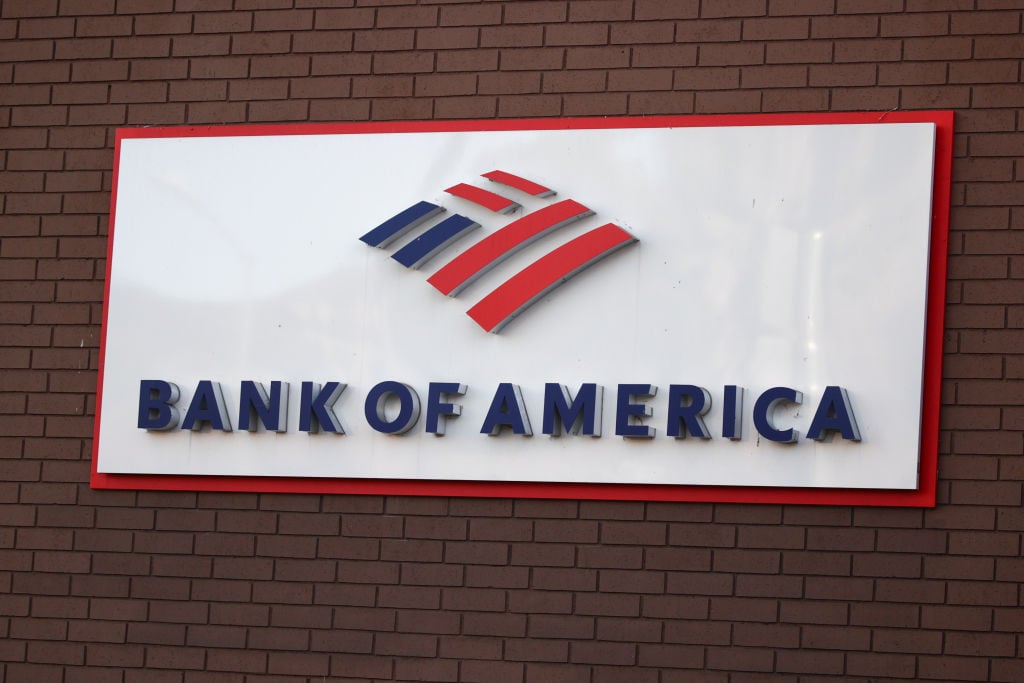A wise investor recently noted, "My personal view is that in a financially literate world, almost all borrowers would pay off their credit card balances monthly."
How true. Also, I'm willing to bet almost all banks would have refused to issue so much credit card debt had they known how broke those borrowers would become.
May posted some of the highest credit card default rates on record. We're talking about banks that issue actual credit, so card processors Visa (NYSE:V) and MasterCard (NYSE:MA) aren't involved (although they have their own set of problems).
Perhaps most importantly, a few major banks are now posting default rates higher than the Treasury's stress test assumed in its worst-case scenario. This is becoming a common theme these days (even though the test is only a month old), and reinforces the idea that banks probably aren't as fortified as many want to imagine.
For the largest banks, here's how the numbers stack up:
|
Bank |
Current Default Rate* |
Stress Test Worst-Case Scenario Assumption** |
|---|---|---|
|
Bank of America (NYSE:BAC) |
12.5% |
11.75% |
|
Citigroup (NYSE:C) |
10.5% |
11.5% |
|
American Express (NYSE:AXP) |
10.4% |
10.1% |
|
Capital One (NYSE:COF) |
9.41% |
9.1% |
|
JPMorgan Chase (NYSE:JPM) |
8.36% |
11.2% |
*As of May, annualized.
**Stress test assumes two-year default period from 2009-2010 -- table numbers are divided to reflect annualized rates.
So much for a "stressful" test, huh? As the government might soon learn, unwavering optimism isn't a desirable trait in financial modeling.
What's also interesting is the velocity at which defaults are going up. Bank of America, for example, saw its default rate jump to 12.5% in May from 10.47% in April. That's a staggeringly fast rate of deterioration, and hints at shoddy underwriting standards compared to other banks.
And these numbers are almost guaranteed to rise. See, credit card default rates have an extremely tight correlation to unemployment. As goes someone's paycheck, so goes their ability to make monthly payments. This is especially true in today's economy because financial assets -- particularly real estate -- have deteriorated so much that debtors can't raise quick cash like they used to. When housing surged 20% per year, it was easy to pay off credit cards when you lost a job: All you had to do was take out a home equity line of credit.
Today, not so much. It sounds draconian, but people actually have to work to pay off bills now. Gasp!
Moreover, unemployment typically lags the end of a recession. In the 1990-1991 recession, for example, unemployment didn't start falling until 16 months after the economy hit its trough. In 1969-1970, unemployment didn't make a turn until 14 months after the recession's end. Now, no one has the foggiest clue when or at what rate unemployment will peak this time. But history suggests it'll likely keep rising for a while, since we're still very much in a recession.
What's that mean for credit cards? According to data from Fitch, the correlation between unemployment and prime credit card defaults is about 1-to-1. So when unemployment goes from 9% to 10%, credit card defaults go from 10% to 11.1%, or whatever base numbers you want to start with. Currently, the unemployment rate sits at 9.4%. So if we (arbitrarily) assume it'll peak at something like 10.5%, we might expect credit card defaults to rise another percentage point or so, on average.
How bad would that be for banks? Here's how much the heavy hitters hold in total credit card loans:
|
Bank |
Total Credit Card Loans |
|---|---|
|
JPMorgan Chase |
$176.1 billion |
|
Bank of America |
$173.3 billion |
|
Citigroup |
$117.9 billion |
|
American Express |
$56.5 billion |
|
Capital One |
$58.7 billion |
So for the largest banks, increases in the default rate of a percentage point or two can translate into billions of dollars per year in losses. And since some big banks are already logging default rates well past what the Treasury's stress test assumed to be a worst-case scenario, a handful may very well need more capital in the next year or two to fill the gap.
Surprised? Don't be. Get used to it.
For related Foolishness:









